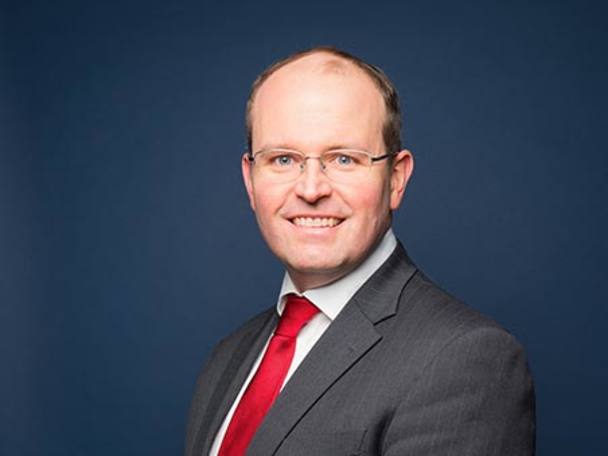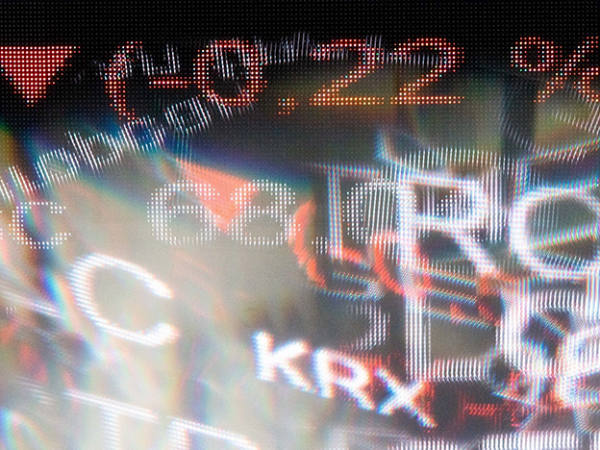Scottish Investment Trust (SCIN) has undergone a contrarian transformation under new manager Alasdair McKinnon. Since officially taking over the underperforming global trust in February 2015 he has implemented a "high-conviction global contrarian approach", slashing the portfolio from 98 holdings to just 57, and replacing popular US technology stocks with a cohort of "ugly ducklings".
Mr McKinnon took over as acting manager in July 2014, and the trust underperformed in the 2014 and 2015 calendar years. But over the trust's last financial year to 31 October 2016 it outperformed the MSCI All Country World index and the Association of Investment Companies Global sector average, taking it from the fourth to first quartile.
That was partly due to a decision by the board, which was also overhauled in 2015 under a new chairman, to cut the holdings from between 70 and 120 to between 50 and 100 in 2016.
It was also due to Mr McKinnon's investment criteria. A self-confessed behavioural economics junkie, he looks for unloved stocks in three categories: "ugly duckling" stocks hated by the market, "change is afoot" stocks whose potential hasn't been realised and "more to come" stocks that have not completed their transformations.
"We didn't really define ourselves before," says Mr McKinnon. "We were an index-plus sort of product. But I think differently to most other investors and I always have. We decided we needed a differentiated approach."
That meant getting rid of US technology names such as Apple (AAPL:NSQ) and Alphabet (GGOGL:NSQ), and a host of "fashionable" others in favour of unloved recovery plays. This included adding to beaten-up oil giant Shell (RDSB) in July 2015 and buying troubled bank Standard Chartered (STAN) in May last year.
In mid-2015 Shell was suffering following the steep decline in the price of crude oil from above $100 a barrel in August 2013 to below $40 by January 2015. But Shell's shares have increased in value from around £1.30 per share in mid-January 2016 to over £2 today.
Standard Chartered had also "been through the mill" when Mr McKinnon bought it, due to the bank's exposure to bad debt in emerging markets and a downturn in commodities. But Mr McKinnon says he looks at the worst-case scenario and "if they are not going to go bust then it's a case of waiting for the newsflow to improve". The stock has since then recovered substantially.
Mr McKinnon's favourite 'ugly duckling' is Treasury Wine Estates (TWE:ASX), which he bought in August 2015 and was the best-performing company in the portfolio last year. The Australian wine company more than doubled in sterling terms throughout the trust's financial year to October 2016 after undergoing rejuvenation under new leadership.
Examples of stocks in the "change is afoot" bucket include Rentokil (RTO), which accounts for 3.4 per cent of assets and which he says the market is judging on its "past mistakes", rather than paying attention to the efficiencies being driven by its management team.
Last year has been defined by the rotation from quality stocks into value investing, and Mr McKinnon acknowledges that he has benefited from that shift. He may dislike being in fashion, but value investing certainly is, and in the year to date the trust has returned 5.9 per cent against a return of 5.5 per cent for the MSCI AC World index. In the 2016 calendar year the trust returned 30.6 per cent compared with 28.7 per cent for the MSCI AC World Index, a marked improvement on the previous year.
Cyclical sectors such as financials, in which the trust has 16 per cent of its assets, and energy, which accounts for 13 per cent, have been outperforming since the end of 2016. That is a turnaround on the previous three years, during which those sectors lagged behind quality defensive sectors such as utilities, where Scottish Investment Trust only has 5 per cent of its assets.
But Mr McKinnon says he is still going against the market in the majority of his views as he tries "to throw out crazy ideas and say the unsayable".
And right now "the unsayable" is UK retail. "Everybody hates the UK right now so we are adding to UK retail," he says. "We are holding some really bombed-out names that have done really badly. Marks and Spencer (MKS) is one stock we bought last year that has not done well, but it is on a 6 per cent yield and has a new management team led by Steve Rowe, which is brilliant. For the first time M&S has been a retailer at the top."
UK retail is undeniably a contrarian play. With price inflation on the rise UK consumers are likely to feel the pinch. Marks and Spencer is a recovery play, having cut back its operations in China and embarked on a restructuring binge. But the trust is benefiting from Marks and Spencer's solid dividend stream.
Mr McKinnon says dividends are a strong boost to the trust's performance and give it "downside protection". The trust has increased its dividend for 33 consecutive years and has a yield of about 1.7 per cent. Last year its earnings per share rose 35.9 per cent, enabling the trust to pay a special dividend of 9p, increasing the total dividend paid to 22.5p - a 40.6 per cent increase on the previous year.
But with almost 30 per cent of assets in the UK, Scottish Investment Trust is affected by the impact of sterling on UK dividends, which in the past calendar year has flattered the income of FTSE 100 companies. However it could dip into its revenue reserve in which it has four times its 2015-16 dividend.
Alasdair McKinnon CV Alasdair McKinnon joined Scottish Investment Trust in 2003 and became lead manager in 2015, after being appointed acting manager in July 2014. He has a degree in Economic and Social History from the University of Edinburgh and an MSc in Investment Analysis from the University of Stirling. Mr McKinnon is a CFA charterholder and an associate of the UK Society of Investment Professionals. |











